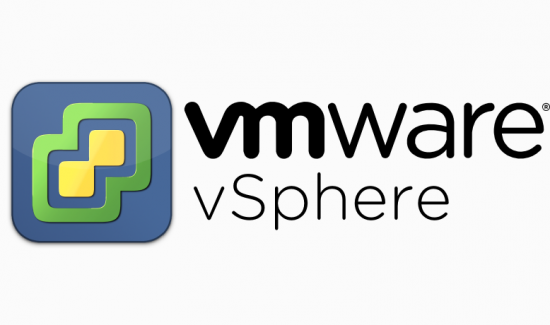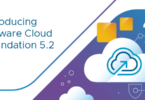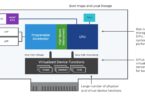Detaylar için Link
What’s New
This release of VMware ESXi contains the following enhancements:
- I/O Filter: vSphere APIs for I/O Filtering (VAIO) provide a framework that allows third parties to create software components called I/O filters. The filters can be installed on ESXi hosts and can offer additional data services to virtual machines by processing I/O requests that move between the guest operating system of a virtual machine and virtual disks.
- Exclusive affinity to additional system contexts associated with a low-latency VM: This release introduces a new VMX option sched.cpu.latencySensitivity.sysContexts to address issues on vSphere 6.0 where most system contexts are still worldlets. The Scheduler utilizes the sched.cpu.latencySensitivity.sysContexts option for each virtual machine to automatically identify a set of system contexts that might be involved in the latency-sensitive workloads. For each of these system contexts, exclusive affinity to one dedicated physical core is provided. The VMX option sched.cpu.latencySensitivity.sysContexts denotes how many exclusive cores a low-latency VM can get for the system contexts.
- ESXi Authentication for Active Directory:ESXi is modified to only support AES256-CTS/AES128-CTS/RC4-HMAC encryption for Kerberos communication between ESXi and Active Directory.
- Support for SSLv3: Support for SSLv3 has been disabled by default. For further details, see Knowledge Base article 2121021.
- Dying Disk Handling (DDH): The Dying Disk Handling feature provides latency monitoring framework in the kernel, a daemon to detect high latency periods, and a mechanism to unmount individual disks and diskgroups.
- Stretched Clusters: Virtual SAN 6.0 Update 1 supports stretched clusters that span geographic locations to protect data from site failures or loss of network connection.






